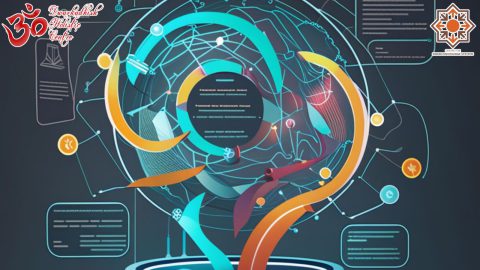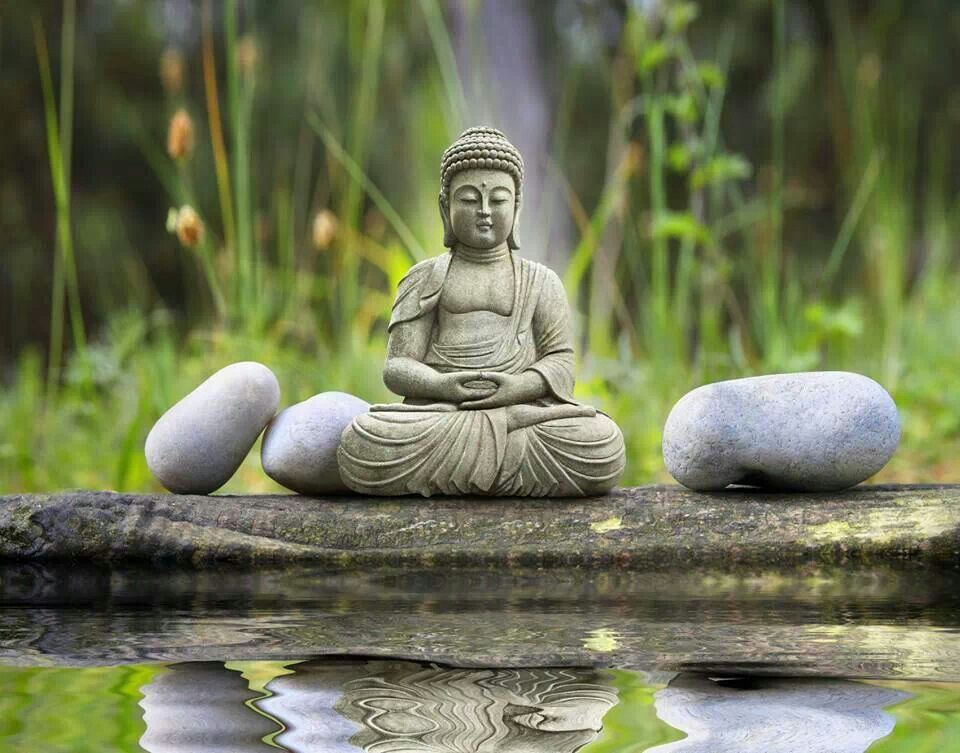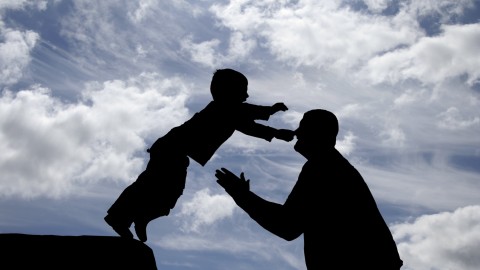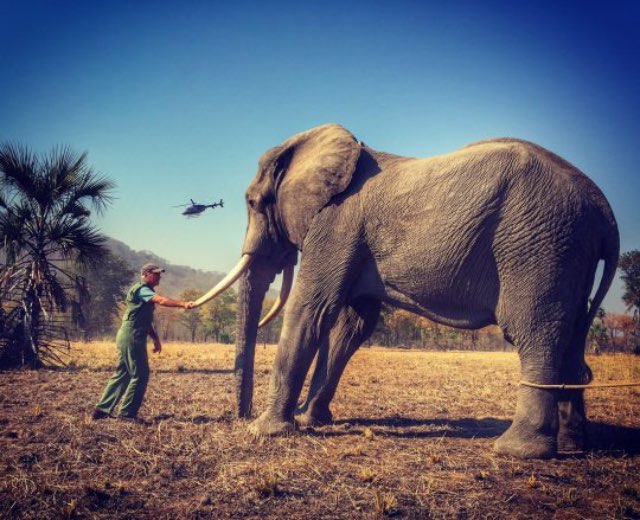Live Quality
How to Understand the Power of Your Emotions:
Ask yourself – Am I using my emotions to inform me or am I letting them control me?
My emotions—or feelings—are an integral aspect of who am I—good, bad, and everything in between. Yet, I may not have not been taught how to navigate emotional upset in a productive and compassionate way, so the end result is often explosive. When I learn to accept my emotions, to lean into them, and be present with them in a healthy way, I can learn from them and begin to use them as a means of growing and evolving into a better person.
Power of Emotions:
Our outer world is a reflection of our inner world—and vice versa. When we carry an inventory of unresolved negative emotions within us, we will filter our conversations, interactions, and experiences with others through our baggage, and react in a way that perpetuates more of the same in our outer world. For example, if we believe that we are stuck in life, and that we’ll never find a way out, the negative emotions associated with our beliefs will reinforce the way we see ourselves in the world. We will begin to see ourselves as being stuck in every area of your life.
Our emotions can be the thing that derails us, or they can inform us. Emotional intelligence is the differentiating factor—the key component to better understanding ourselves and those with whom we interact. When our emotions inform us, you’re able to observe yourself and how you are feeling, taking it in as information without being affected.
With emotional intelligence, we will allow yourself to feel our emotions without reacting in a harsh and unrealistic way. And we’ll have the ability to harness the energy of the emotion to help us move through the experience, and to glean the lessons or wisdom from it, while maintaining a level of awareness around how we are navigating the situation. If we continue to struggle with mental and emotional baggage, we will be more apt to overreact without thinking, go straight to blaming ourselves or others, and lead with a propensity toward sabotage, gossip, judgement, and harsh behaviors. We will be ruled by the voice of negativity.
Hasya will like to share his experience, how through his understanding he transform his fear:
When I was in standard 10th I was very worried and afraid about my exam. Will I passed the exam or not? This type of such dangerous thoughts are came in my mind at that time. But my father gave me such a understanding that I can understand my subject value and manage time according to subject.
This understanding gave me insight to focus on my subject.
What was it? It gave me distinction of Brave and Fearless. That is a totally different dimension. There are three words to be understood. One is the coward, who is continuously afraid; everything makes him fearful, whether valid, invalid, possible, impossible. He goes on living in the fears of his own imagination, he creates his own nightmares.
Then there is the brave man, who is the opposite of the coward. And we have praised the brave man very much, but the brave man is nothing but the coward standing on his head; he is the same type of man. It is not that the brave man has no fears — he has fears, but in spite of them he goes on fighting, he goes on moving in a direction where he knows there is fear. But the fear gives him a challenge; to fight with the fear becomes his ego trip. He is the brave man.
Be fearless. When you are fearless you are neither a coward nor brave, because both are rooted in fear. The coward has succumbed to fear and the brave is trying to win over fear, but both are concerned with fear. And the fearless one has simply dropped the whole thing. He is neither brave nor cowardly. He knows there is no death, there is nothing to be afraid of and there is nothing to be brave about.
This is a different dimension, a transcendence of the duality of cowardice and bravery.
Through our understanding we can transcend our emotions.











